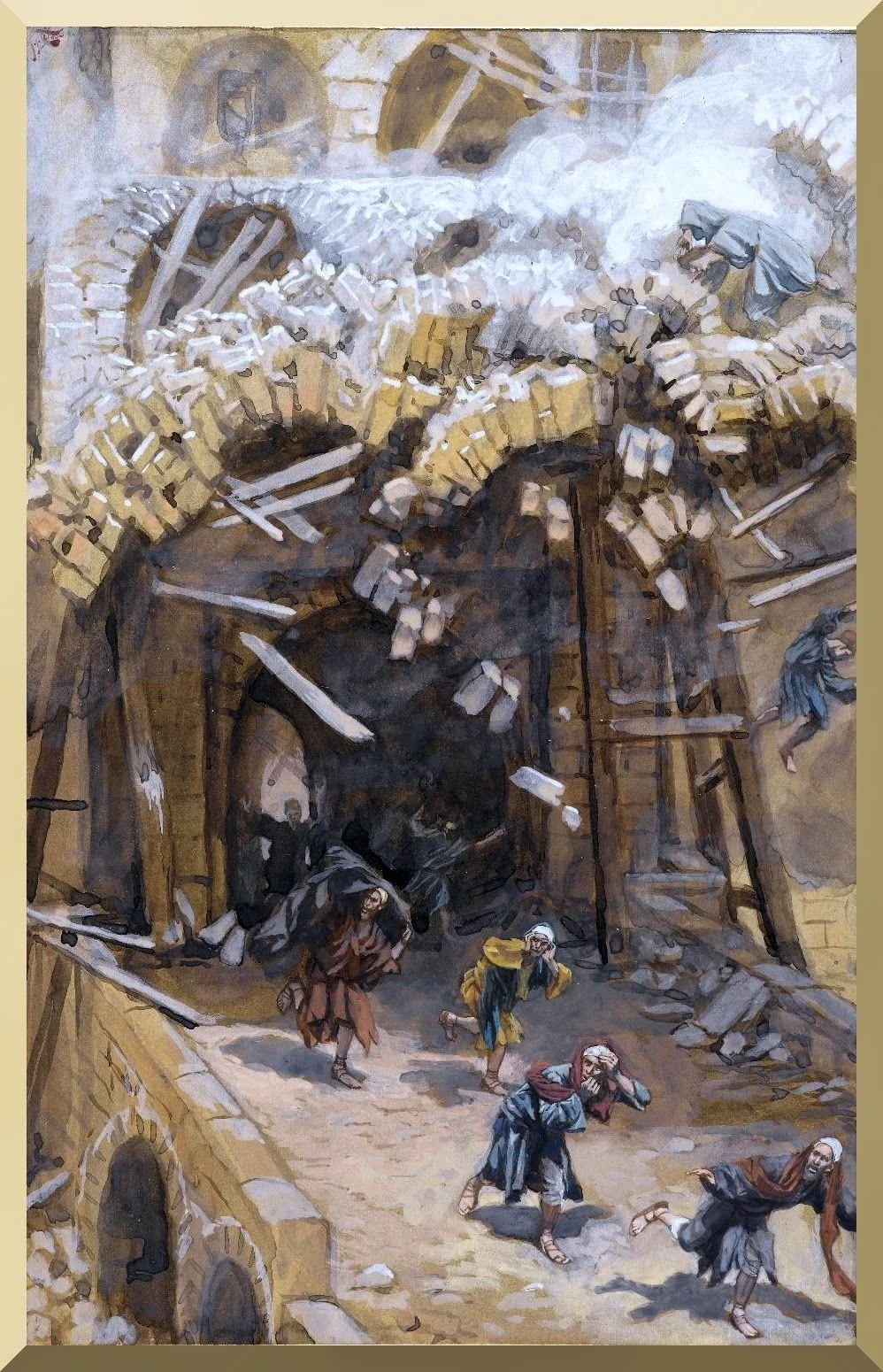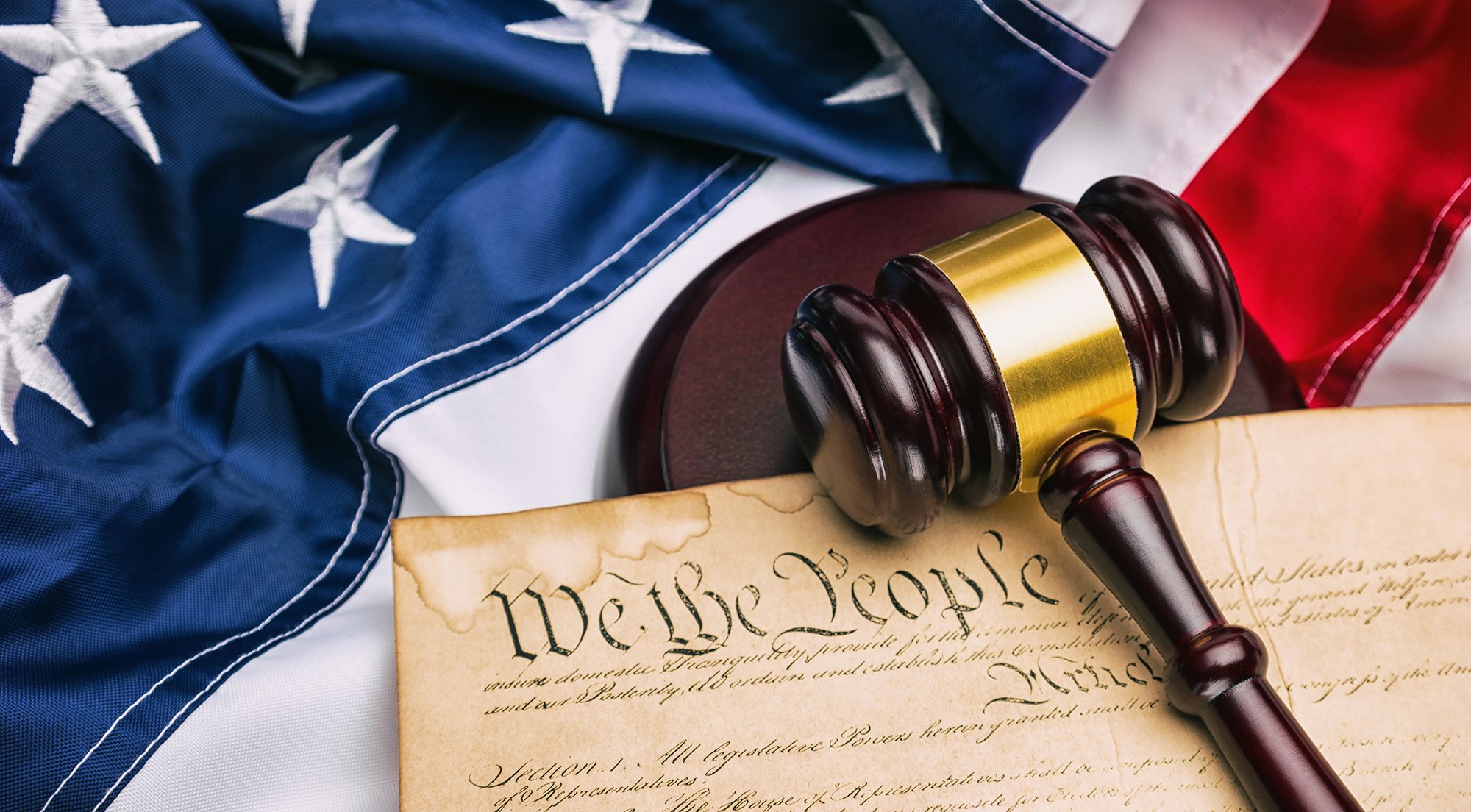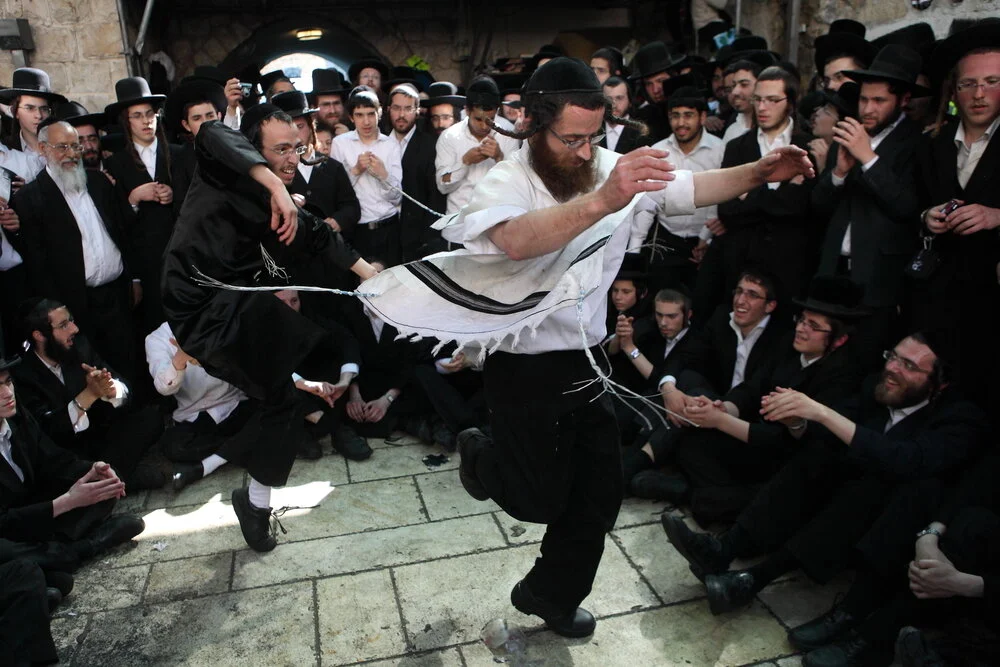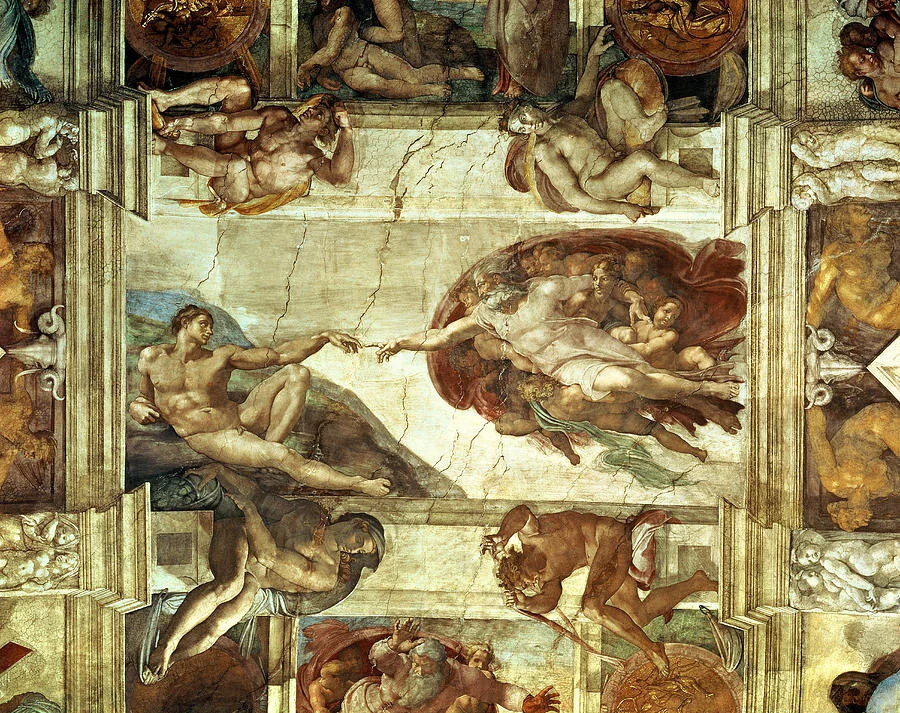Jesus was asked twice about the suffering of others. Did he attribute that to karma? To God's punishment? To people's sin? Actually, Jesus responded in a way that affirmed the theology in Job: there is non-order (if even disorder) present in God's creation. Let's unpack what that means. I also explore the matrix of Progressive political policies. Come laugh and think with me!
233 Job and Suffering (2) His 3 Friends, Behemoth & Leviathan
Why do we suffer? Is God punishing us? Did we deserve it? Does the book of Job teach us the law of karma? In this show I look at Job in its historic context to see what it is teaching us about suffering, life, and God himself. Why does God teach Job about the monsters Behemoth and Leviathan? I also discuss why my show is subversive in Christ. Come laugh and think with me!
232 Job and Suffering (1) Job, the Wife, the Satan
(Image: Léon Bonnat, “Job” 1880) Why do we suffer? Did we bring it on ourselves or is God punishing us? Job's story shines an intense light on those questions. Here's another, why do we serve God? For the bennies or because He is God? And then, how should we think about Satan in light of his appearance in the book of Job? I also share personally about why I serve God. Come think with me!
231 Why Does the Constitution Matter? A Conversation with Dr. Darren Guerra (2)
How did America's Founders' biblical understanding of human nature play into the way they framed the Constitution? How do the Constitution and the Declaration of Independence work together? If he showed up today what would James Madison be most proud of, and most disappointed about, regarding what has happened to what they founded? Is Covid being handled well according to the Constitution? Professor Darren Guerra helps us think through these knotty questions.
230 Were America's Founders Christian? A Conversation with Dr. Darren Guerra (1)
In this conversation with Political Science professor Darren Guerra I ask, were the Founders Christian? Or better, how were they? What were they doing with their faith that is so lacking in the contemporary Church? What is presentism and how does it shape people's assessment of history? What were the Founders' core commitments about being human? What did they borrow from Greek philosophy to build society? Why do core principles matter so much? And, why oh why did they value the Old Testament so much?
229 America's Founding or True Christianity?
Memes this episode counters: "American Christians are too patriotic!"; "America was not really founded in a Christian worldview"; "America was started as an evil nation"; and, "American Christianity is too darned American!" In a quest for historical nuance, I critically work through the Declaration of Independence to discern the worldview of the Founders.
228 More Onion Peeling—The Psychology of Mass Movements
For 20 years I've been studying progressive ideology from a philosophical angle. Eric Hoffer wrote a book 70 years ago that peeled my eyeballs back about the psychology and sociology of mass movements. What ingredients fuel a mass movement? Why do mass movements become a holy cause? Why is there such credulity among those who join mass movements? I also ask more critical questions about the vaccine mandates.
227 What Comprises a Christian Worldview? (6) God (duh!) and his Power
How do governmental vaccine mandates mirror an episode of the Twilight Zone I saw as a kid? How are officials going around the Constitution to censor freedom? What does "enlightened despotism" mean? The Bible teaches God is sovereign. Given evil's existence, how is that possible? Is God a puppet-master kind of king? What does belief in God's utter control do to social engagement?
226 What Comprises a Christian Worldview? (5) Mercy and Grace
I'm concerned that millions of church folk are not, in fact, Christians. How do I assess that? By what criterion? I also unpack mercy and grace as critical components of a Christian worldview; grand examples and daily examples. Along the way I tell a couple stories about having worked at a Burger King as a young man. Come think and laugh with me.
225 What Comprises a Christian Worldview? (4) Joe, Strategy, Justice
Stemming from God's character—perfect love permeated with pure holiness—Christians celebrate justice. Pertinent for today, we have to ask how that compares with a Postmodern sense of justice. So for example, if society is undergoing a "new rising consciousness" how should Christians process justice? I also reflect on Joe Biden's recent vaccine mandate speech and strategize about how to dialogue with a Postmodernist.
224 What Comprises a Christian Worldview? (3) Life
Long before Jesus walked on to the historical stage the ancient Hebrews celebrated life. They were themselves surrounded by cultures that promoted death. Building on that, Jesus upped the ante by emphasizing life eternal. What are the implications of all that for life today? For being a disciple? For babies? What do I think about the new Texas pro-life law?
223 What Comprises a Christian Worldview? (2) Literacy, Eternity, Transcendence
The Christian worldview is dynamic because it is literate, shaped by eternity, and in touch with transcendence. How are those grounded? How do they play out? What does that mean across life? How, in their respective ways, do each of those three help to make life more meaningful and beautiful? I also discuss what has been the cause of my disorienting dreams.
222 What Comprises a Christian Worldview (1) Reality, Infection, Agency
I refer to it all the time: a Christian worldview. But what is it? What essential elements go into such a worldview? How does that worldview compare to common philosophic and religious worldviews? Or, how does it compare to a postmodern worldview? I explore how the Bible presents reality, the infection, and the topic of agency. Come laugh with me!
221 Adam's Passive Pose and Playing the Fiddle
Michelangelo's painting of creation on the ceiling of the Sistine chapel is genius not only for its artistic composition but its psychological insight. I take Michelangelo's insights and combine those with Nero playing his fiddle while Rome is burning. Oh, and I tell an exciting tale of victory in a recent league golf match. Come laugh and think with me!
220 A Many-Faceted Knowledge
A recent Jordan Peterson podcast has had me processing. He discussed having a multi-variant approach to truth claims. In our pluralizing and relativizing culture the more paths to a truth claim there are the more that claim is substantiated. What does that mean, inside and out, for a Christian worldview? For Christian mission? What does that personally mean for me?
219 Knowledge: Our Historic Moment
Despite the ostrich-mode taken by so many, America is in an unprecedented moment. Why is this different? What is the ingredient fueling this burn? How is it affecting me, personally? How is knowledge—and the PoMo anger about objectivity—at work in our cynical era? Instead of objectivity, what does society need? Come laugh and think with me!
218 PoMo knowledge vs. Christian knowledge
Why do Postmodernists focus so much on knowledge? How do PoMos construct their knowledge? Why is knowledge at the root of the collision between PoMo-ism and liberalism, Modernism, and Christianity? What is my philosophical camp of choice? I also reflect on Psalm 14, a John Mayer tune, and loneliness. Come laugh and think with me about knowledge!
217 Undoing the Belts—Free to Believe
Philosopher Michael Polanyi described the Modernist quest for objectivity as a kind of second fall. What'd he mean by that? How does objectivity bind us? What is a better way? A more biblical and Christian way? Jesus called us to be salt, but if we process reality just like non-believers our saltiness will be effete. (I'm also joined by Milt the Mediocre Motivational speaker).
216 Our Intellectual Straight Jacket—Why the Church is So Effete?
Christians represent 65% of the American population, but we are so faintly a cultural presence, so little salty. Why? Is it our sincerity? Our activism? No. I posit, following my interview last week of Nancy Pearcey, it is instead an intellectual straight-jacket. We've agreed to don an outfit that paralyzes us before we even walk out of the sanitarium. What is going on? What should we do?
215 Nancy Pearcey Conversation—Comparing Postmodernism and Christianity on Personhood
In this interview with best selling author-theologian Nancy Pearcey we explore what has resulted from Christians having accepted a Postmodern framework for truth. How does that bent truth-frame mangle the issues of parental rights, human rights, sexuality, and abortion? How does today's gnosticism compare with ancient gnosticism? How is our current cultural trajectory mirroring pre-Nazi Germany? Why does beauty matter in Christian truth claims?



















